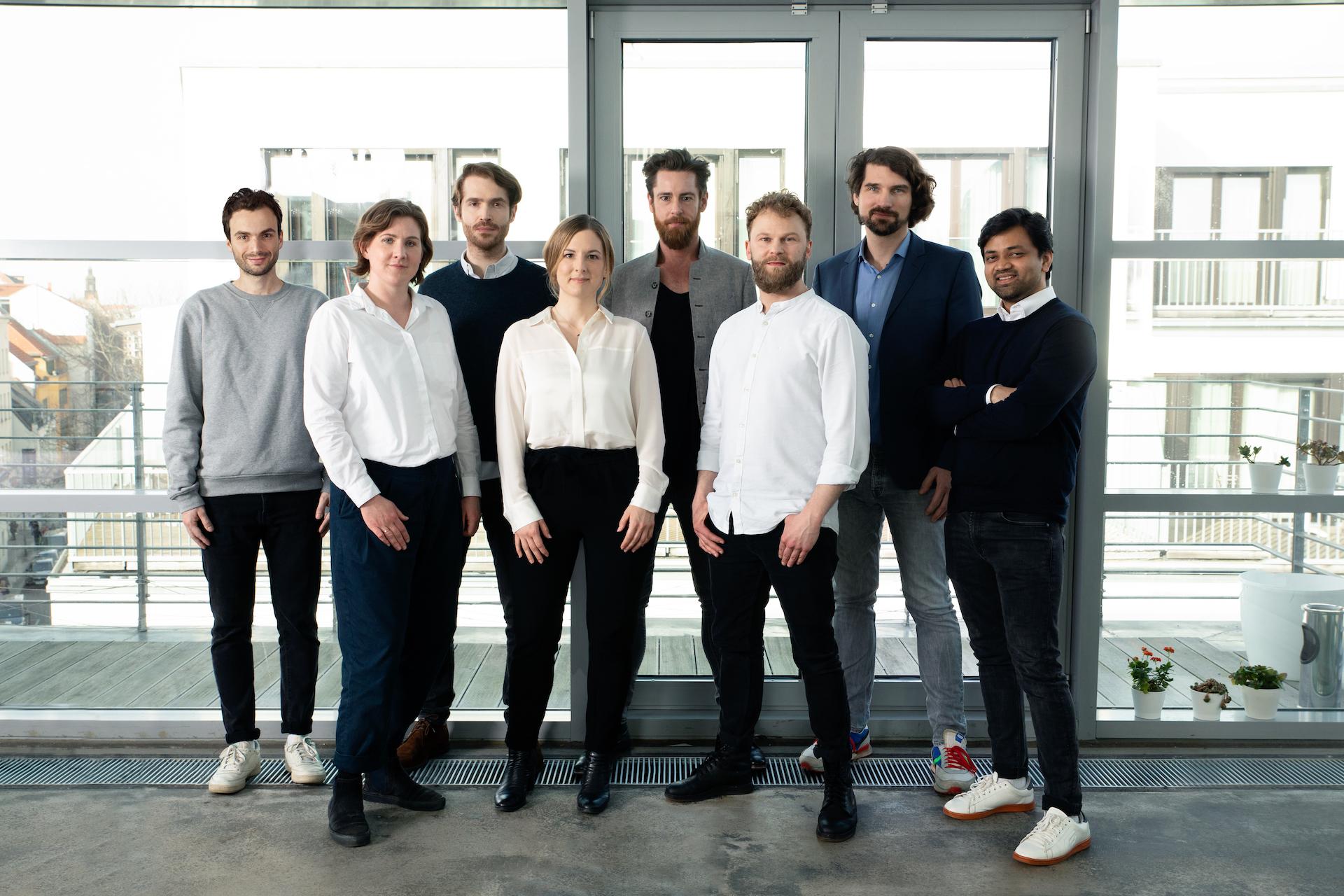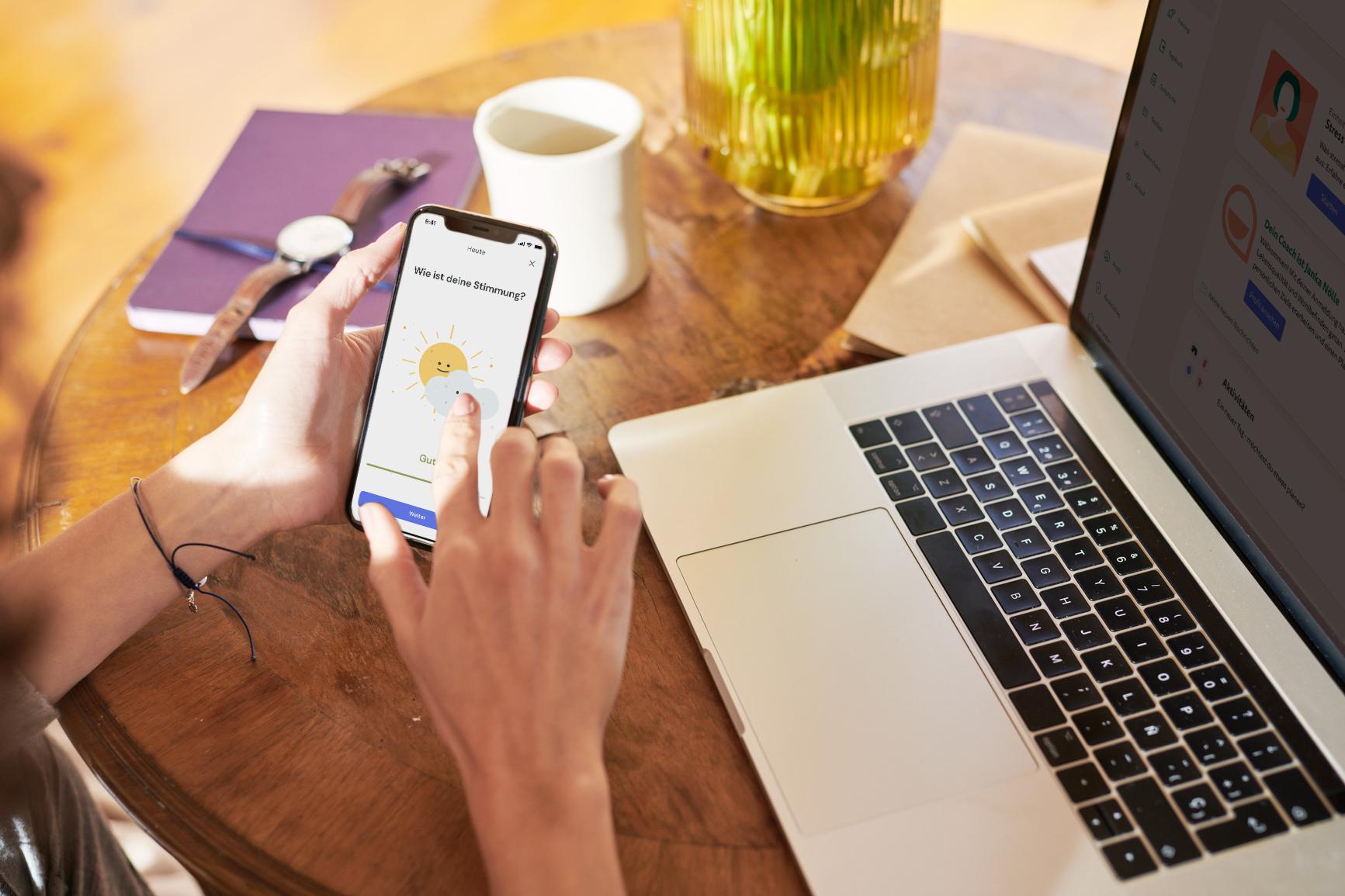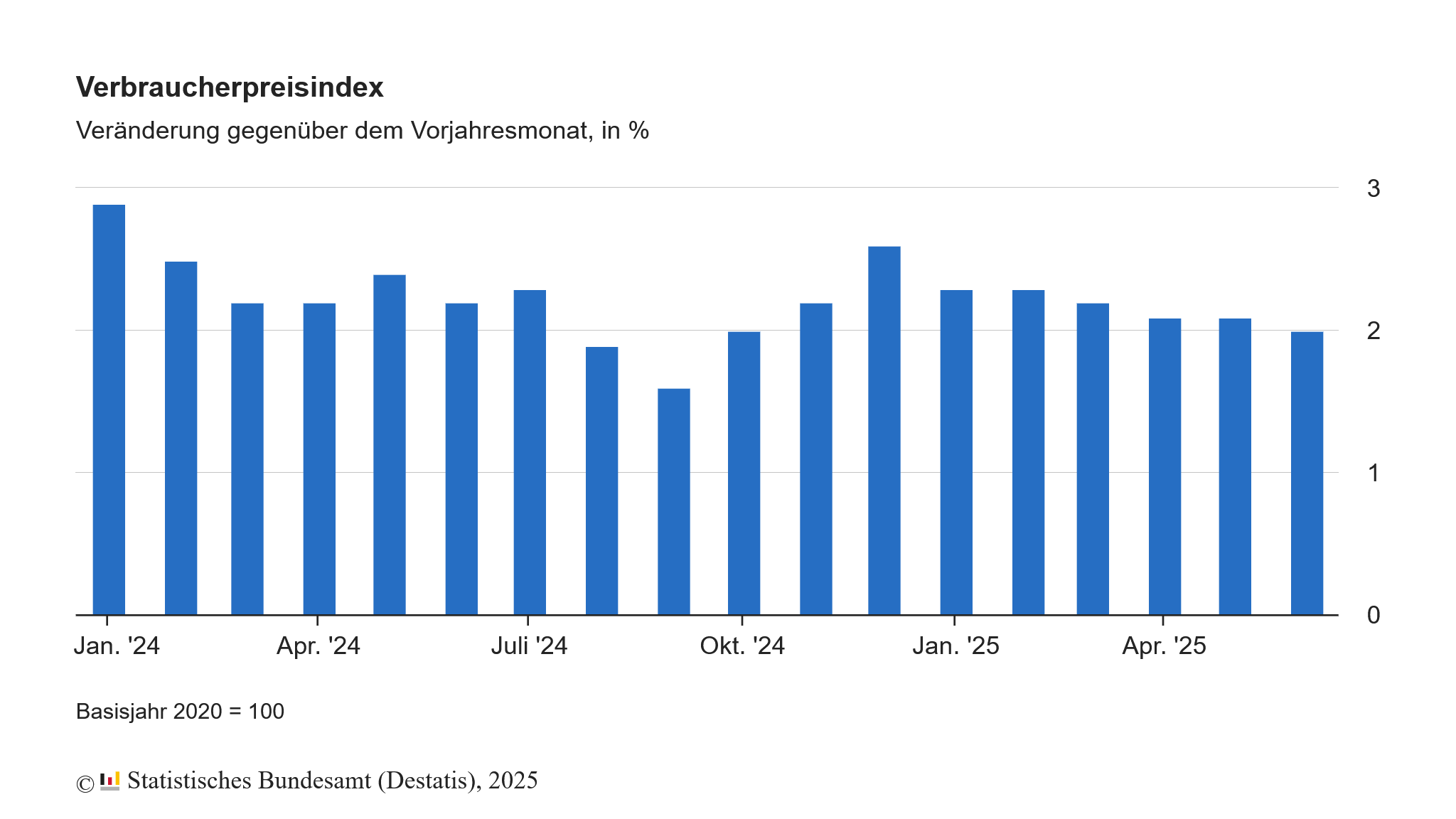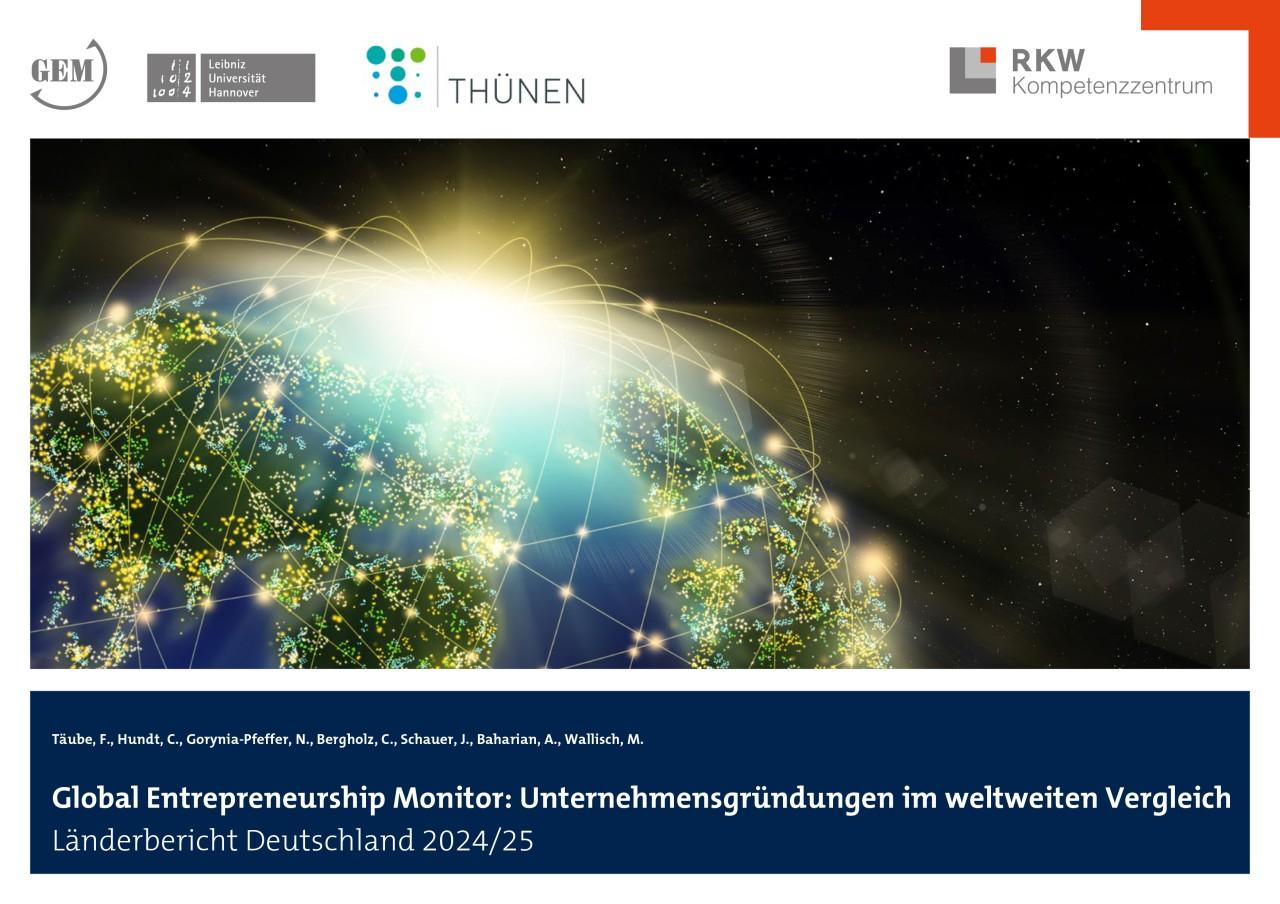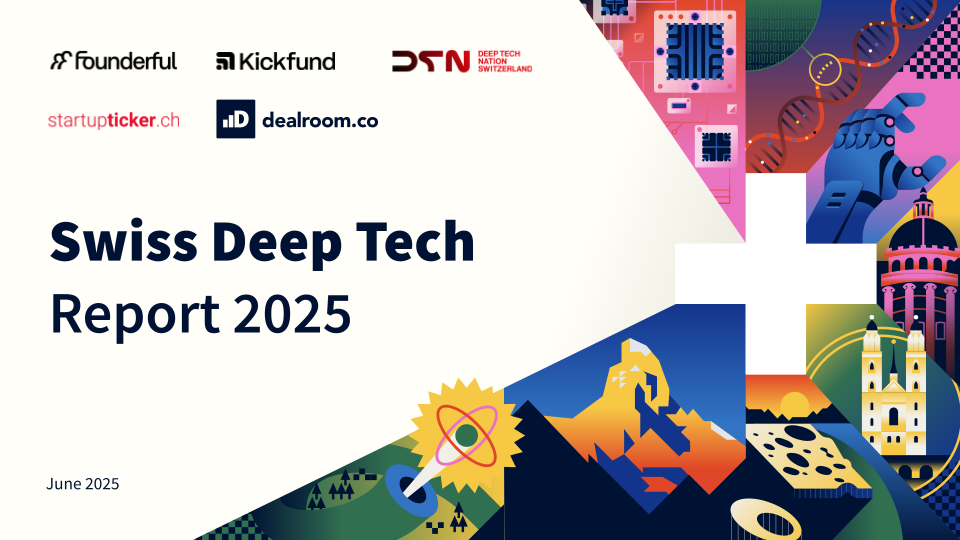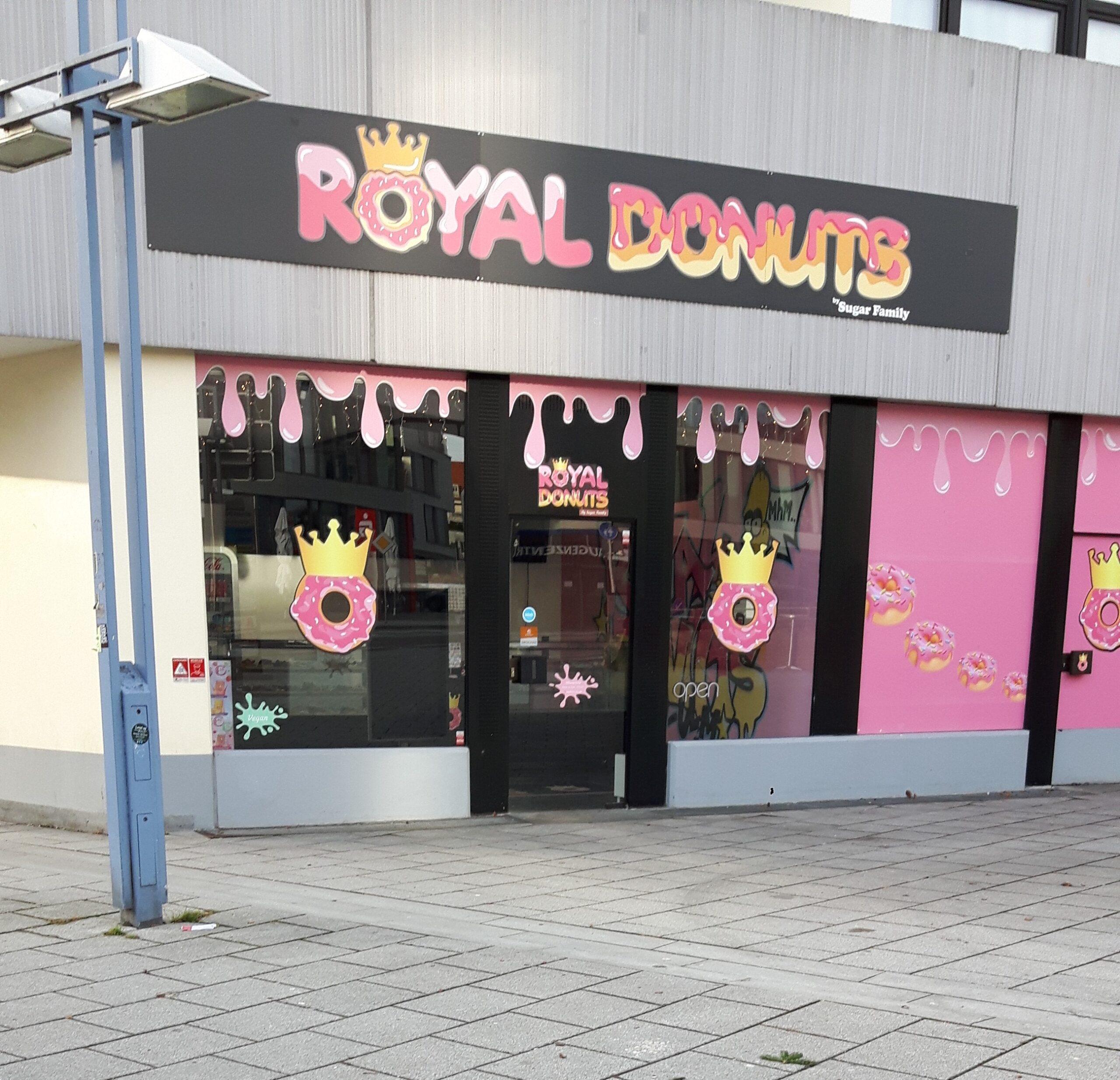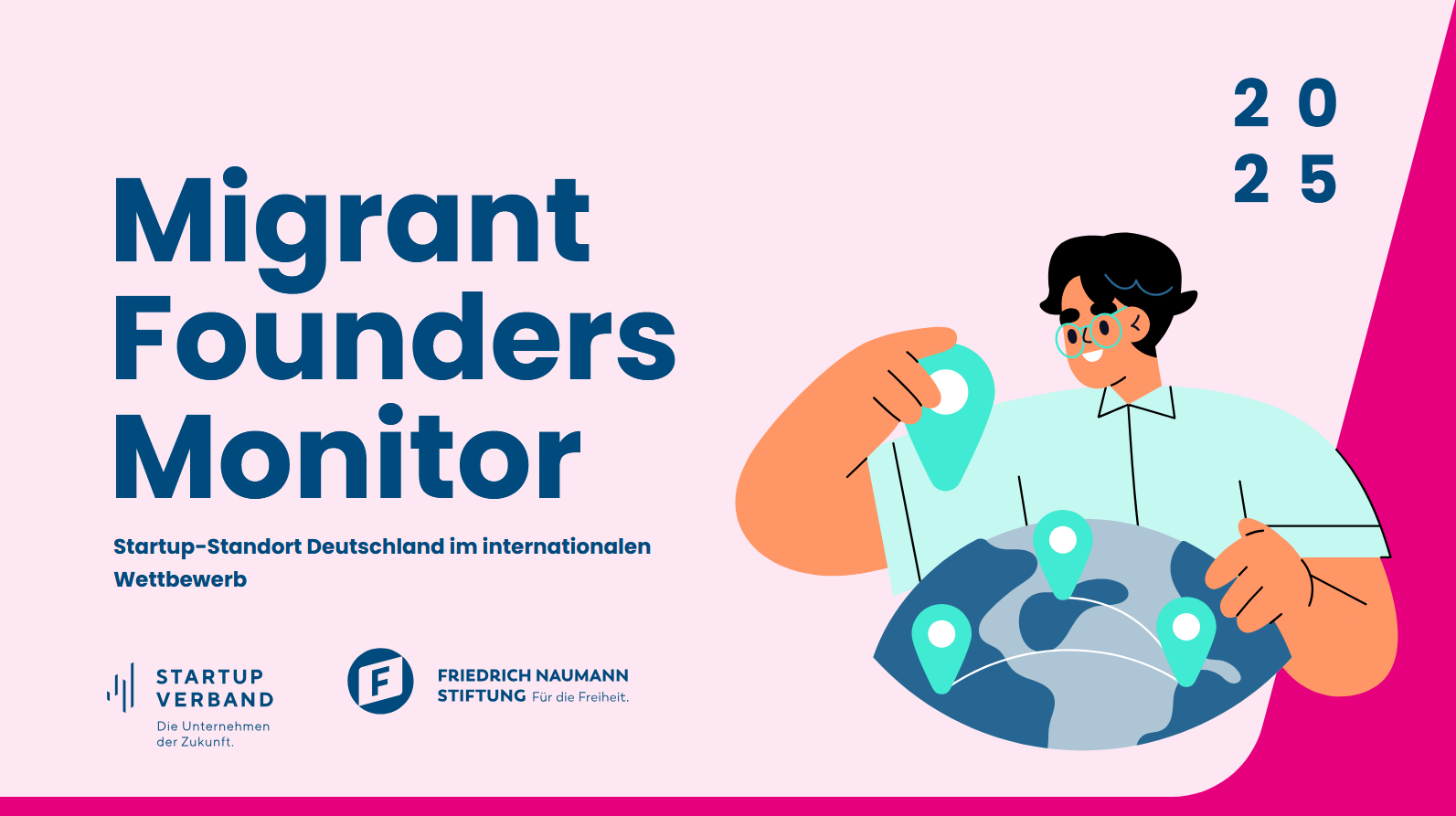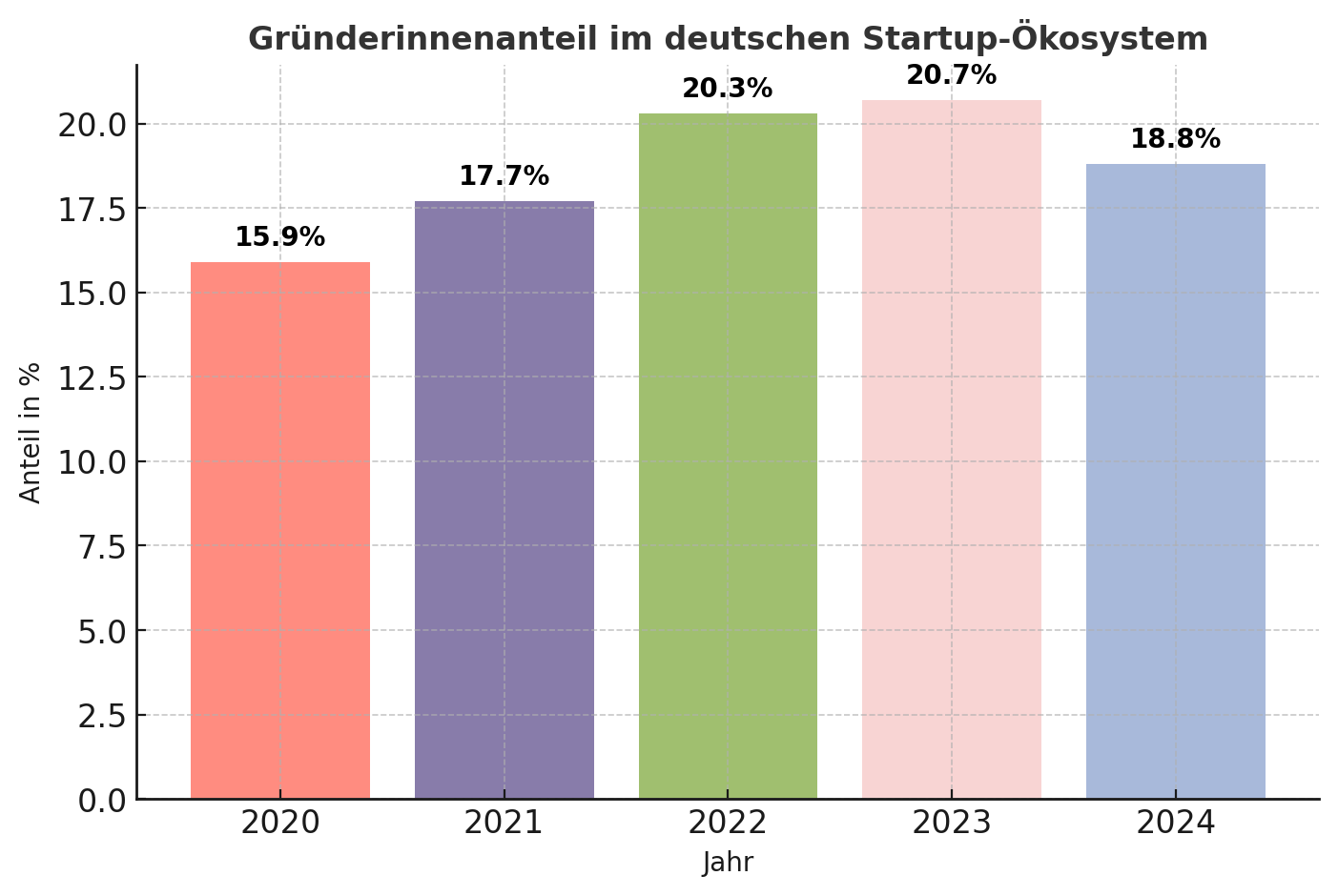Using an app to combat mental illness
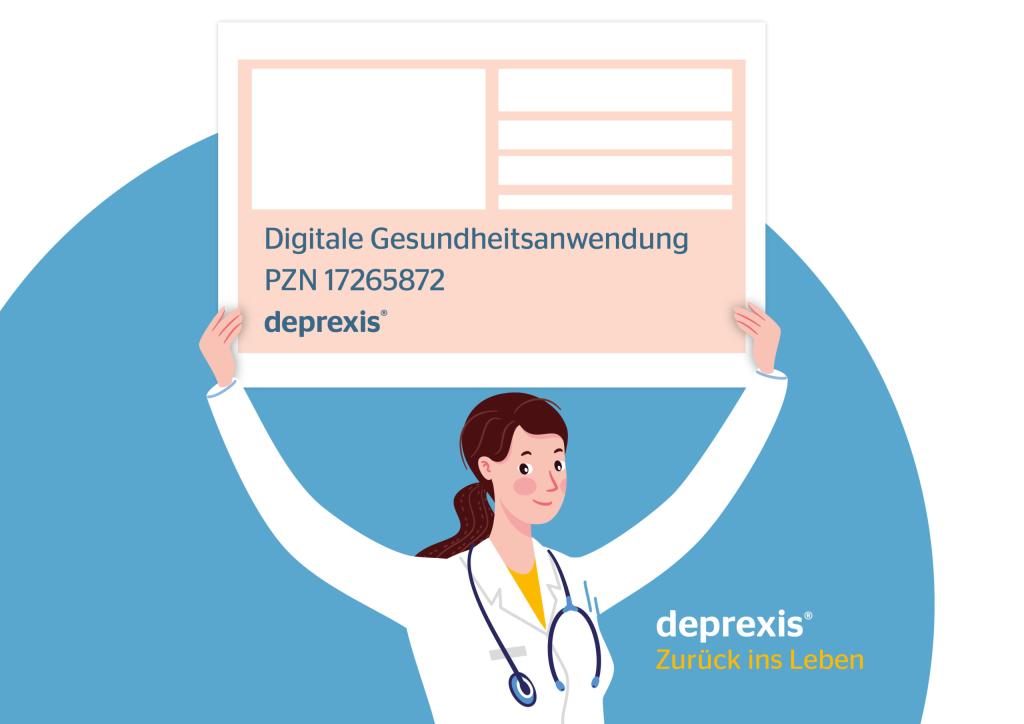
Apps have been available on prescription since December 2020. But to be officially listed as a health application, start-ups have to meet many requirements. Insights into two young companies that want to assert themselves in the highly sensitive field of psychology.
The psyche is suffering. Not just since the coronavirus pandemic, but long before that. Between 2010 and 2020, days of absence due to mental illness increased by 56% in Germany, according to the latest Psychreport from health insurer DAK. But those affected often wait months for a place in therapy.
It is a gap that should not exist in Germany. But because mental illnesses are on the rise and there are too few therapy places, waiting times are getting longer and longer. This seems perfect for start-ups that can help patients in the short term with digital applications. However, many young companies find it difficult to hold their own on the market in the long term.
In addition to freely available apps that advertise help for mental disorders, since December 2020 patients have also had the option of relying on a digital health application (DiGa) that a doctor prescribes by prescription. The Federal Institute for Drugs and Medical Devices (BfArM) decides who is included on the list. In order to be allowed to offer such a service, start-ups must demonstrate compliance with standards such as data protection and suitability for users within three months. They are then provisionally accepted.
For "permanent" status, they must present a randomized controlled study on the effectiveness of their service. Many start-ups fail at this point at the latest. Between May 2020 and January 2021, 25 manufacturers of a DiGa withdrew their application for inclusion in the federal government's list because they were unable to provide sufficient proof of quality, function or data protection.
Hanne Horvath is one of the founders currently trying to fulfill all the requirements for permanent inclusion in the directory. She launched her project in December 2020 with her start-up HelloBetter, and the review process is now underway. HelloBetter has a wide range of ten online programs that support people with depression, anxiety disorders or burnout, for example. The start-up is successful even without being listed: "Our user numbers have tripled in the last year," says psychologist Horvath. Some health insurance companies are already covering the costs of the programs.
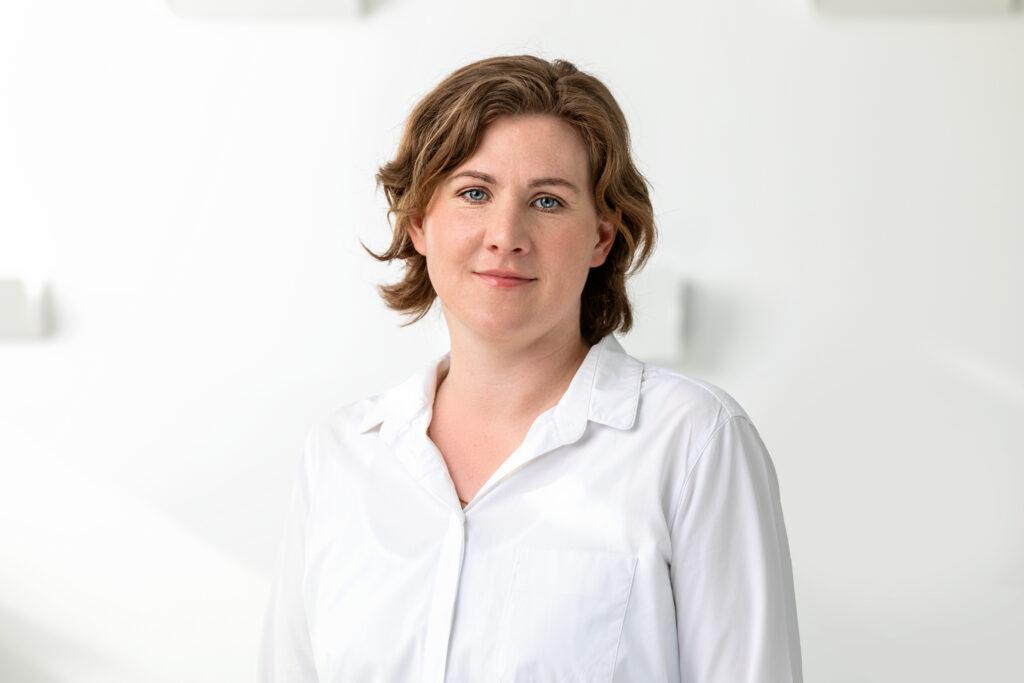
But what exactly do users of the app get? "Our aim is to help people make lasting changes to their everyday lives, which is something that is incredibly difficult," explains Horvath. To this end, the programs include breathing techniques, relaxation exercises, strategies to combat rumination and other elements from cognitive behavioral therapy. There is also a digital diary. Psychologists accompany users for the duration of the entire training program and provide written feedback on progress after each session. "This is also for reasons of patient safety: we can't just rely on the program if, for example, the symptoms of depression worsen. Human support is crucial here," says Horvath. Professionals recognize warning signs, get in touch with those affected and offer help.
However, according to Hovarth, the eight- or six-week programs are only intended to supplement or bridge the gap while waiting for a place in therapy and not replace it. Digital services are available quickly, have unlimited capacity and are less barrier-free for those affected, as there is no need for phone calls or initial consultations. "We can often pick people up very early, at times when they are not yet ready to speak to doctors or psychotherapists or to disclose themselves."
There are currently 15 DiGas in the directory, providing services in areas such as cardiology, neurology, ear, nose and throat and mental illness.

One of the applications that has been permanently included since February 2021 is the Deprexis therapy program. The offer comes from the manufacturer Gaia, which has also developed other listed applications in the DiGa directory. It is distributed by others, in the case of Deprexis by the German branch of the French pharmaceutical company Servier. Deprexis offers the method of cognitive behavioral therapy, which is also known in analogue therapy, for those affected by depression: "Our program is determined by a fixed algorithm. As a user, you answer questions that become more and more refined and individualized like a tree," explains Michael Keil, Medical Information Senior Project Manager at Servier. There are exercises, audio clips and the teaching of techniques for dealing with depressive moods and depression. Keil emphasizes that a precise diagnosis by doctors is always crucial for the effectiveness of the programs.
The digital offering from Deprexis is primarily intended to be a companion in everyday life that provides support and also reminds users when they have not done any exercises for a long time: "We receive reports that patients have developed a kind of relationship with the programs," says Keil. Even after completing treatment, they wanted to continue receiving text messages and emails asking, for example, which thoughts were positive today, which were negative and when the last good moment was.
This is a problem that both Deprexis and HelloBetter and all the other applications have: They are not particularly well known. Not among potential users, not in doctors' surgeries, who can print the DiGas on prescriptions. Companies like Deprexis have the advantage of having a pharmaceutical company behind them, which takes over marketing via existing contacts. Others are trying to raise awareness through advertising campaigns on social networks: Berlin start-up Selfaply, for example, recently worked with entrepreneur and influencer Madeleine Alizadeh, who advertised the digital therapy on Instagram.

Newsletter
Startups, stories and stats from the German startup ecosystem straight to your inbox. Subscribe with 2 clicks. Noice.
LinkedIn ConnectFYI: English edition available
Hello my friend, have you been stranded on the German edition of Startbase? At least your browser tells us, that you do not speak German - so maybe you would like to switch to the English edition instead?
FYI: Deutsche Edition verfügbar
Hallo mein Freund, du befindest dich auf der Englischen Edition der Startbase und laut deinem Browser sprichst du eigentlich auch Deutsch. Magst du die Sprache wechseln?




